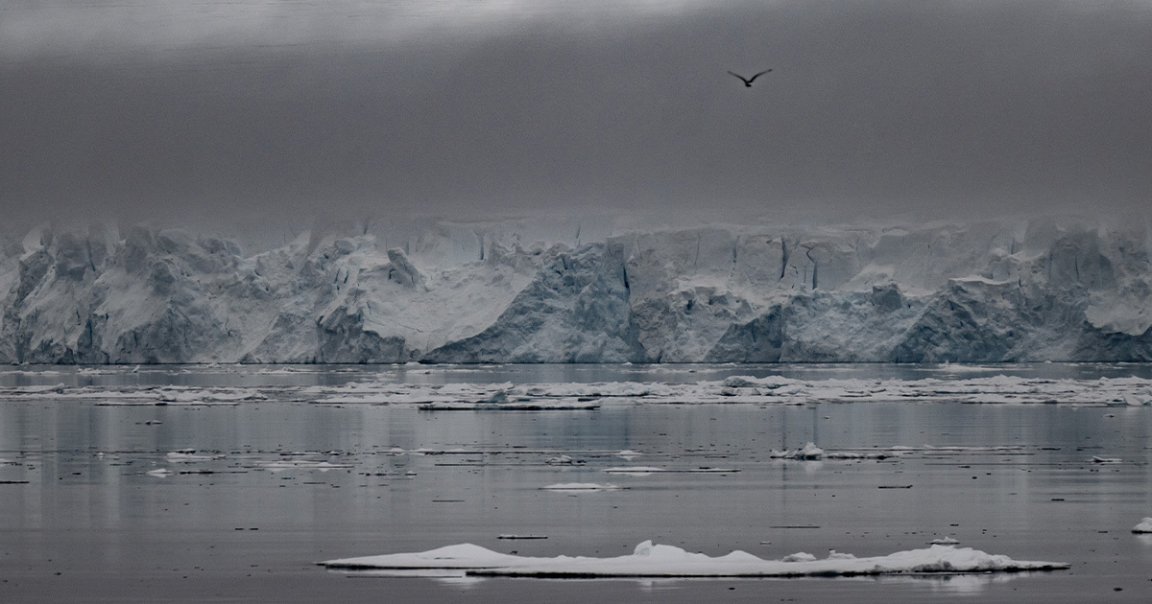
Deep Freeze
It sounds pretty out-there: to save the snowy Arctic from melting away due to global warming, some scientific experts have been working on plans to hack the entire region’s climate.
This doesn’t entail popping the North Pole into an unfathomably large deep freezer like so much ground beef, but it would involve a slate of projects — some of which are already being undertaken — to cool the region by reflecting sunlight, according to a new video short from The Wall Street Journal.
One experiment involves pumping water to the surface, where it’ll freeze to form a protective layer over the Arctic snow. Another has scientists scattering reflective glass beads on top of snow to reflect the Sun’s harsh rays.
These are all forms of geoengineering, techniques to mold certain aspects of the environment in order to offset harm from climate change. The fact we are even seriously contemplating these experiments means that our collective mitigation efforts aren’t enough — because last year was the warmest year on record for the Arctic.

Ice Ice Baby
In the WSJ video, a Dutch startup called Arctic Reflections showcases the nitty gritty of its own experiment: pumping seawater on top of “strategically chosen locations across the Arctic Sea” to “restore the Arctic ice as heat shield by thickening the ice in winter.”
“The Dutch way of trying to build ice rinks for ice skating marathons was inspiration for us,” Arctic Reflections CEO Fonger Ypma told the WSJ.
Ypma was referring to IJsmeesters, or ice masters in Dutch, who flood fields to make ice rinks. The idea is that by taking inspiration from these ice rink makers, people can put down a carapace of protective ice that would thicken and maintain the Arctic a bit longer until other technologies reduce global carbon emissions.
“The ice can become regenerative again,” Ypma said.
But the proof will be in the pudding. And even then, it’d basically be a bandaid solution as the world tries to enact far more sweeping environmental changes.
More on geoengineering: City Shuts Down Geoengineering Experiment